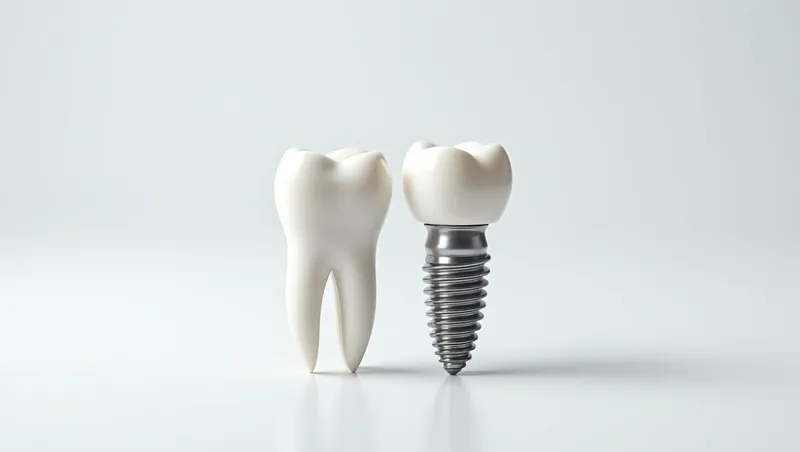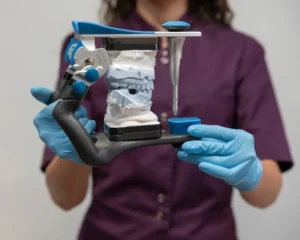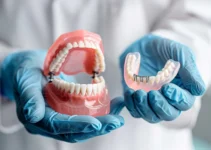The success of a dental implant depends on multiple crucial factors that work together to ensure optimal integration and longevity. From the patient’s bone quality and quantity to the surgical precision and post-operative care, each element plays a vital role. The expertise of the dental surgeon, the use of advanced techniques like PRGF (Plasma Rich in Growth Factors), and the patient’s overall health condition significantly influence the implant’s success rate. Understanding these factors is essential for both practitioners and patients to achieve predictable, long-lasting results in dental implant procedures.
Main factors that determine the success of a dental implant
The success of dental implants relies on multiple critical factors that must be carefully considered and managed throughout the treatment process. According to extensive research, including Albrektsson’s landmark studies, the primary determinants include bone quality and quantity, patient’s overall health condition, and the surgical technique employed. These factors work in synergy to ensure proper osseointegration, which is fundamental for long-term implant stability.

Modern implantology has evolved significantly with the introduction of advanced techniques like PRGF (Plasma Rich in Growth Factors), which has revolutionized the field by enhancing healing processes and improving success rates. The BTI method, particularly, has demonstrated remarkable results in addressing challenging cases by incorporating these biological advances. Clinical studies have identified several key elements that practitioners must evaluate:
- Initial bone stability and density
- Proper implant positioning and angulation
- Soft tissue health and management
- Patient’s healing capacity
- Biomechanical load distribution
Critical Biological Considerations
The biological response to implant placement is crucial for treatment success. Research by Ten Bruggenkate and colleagues emphasizes that proper vascularization and cellular activity are essential for optimal osseointegration. The BTI protocol specifically addresses these aspects through its comprehensive approach to tissue regeneration and healing optimization. Studies have shown that the use of growth factors can significantly enhance the natural healing process, particularly in compromised cases.
Technical and Surgical Aspects
According to Akca and Iplikciolu’s finite element analysis, the mechanical aspects of implant placement play a vital role in long-term success. The surgical technique must ensure precise implant positioning while maintaining the integrity of surrounding structures. Modern imaging technologies and surgical guides have significantly improved the predictability of implant procedures, while advanced surface treatments and implant designs have enhanced initial stability and osseointegration potential. If you’re interested in learning more about dental implant success factors and innovative treatment approaches, we invite you to explore our other articles covering specific aspects of modern implantology, including detailed information about PRGF technology and advanced surgical protocols.
Key Factors for Dental Implant Success: What You Need to Know
Understanding the critical elements that contribute to successful dental implantation is essential for both practitioners and patients. Based on extensive research and clinical studies, several factors have been identified as crucial determinants of implant success and longevity.
What are the main criteria for determining dental implant success?
According to Albrektsson and colleagues, successful dental implants must demonstrate stability without mobility, absence of radiographic transparency around the implant, minimal bone loss (less than 0.2mm annually after the first year), and be free from persistent pain or infection.
How important is bone quality for implant success?
Bone quality is crucial for implant success. Studies show that adequate bone density and volume are essential for proper osseointegration. The mandibular posterior region requires particular attention due to its unique anatomical and biomechanical characteristics.
What role does implant length play in long-term success?
Research by Akca and Iplikcio lu indicates that implant length significantly impacts stress distribution and overall success. While traditionally longer implants were preferred, modern studies show that shorter implants can be successful when properly placed and when bone quality is adequate.




